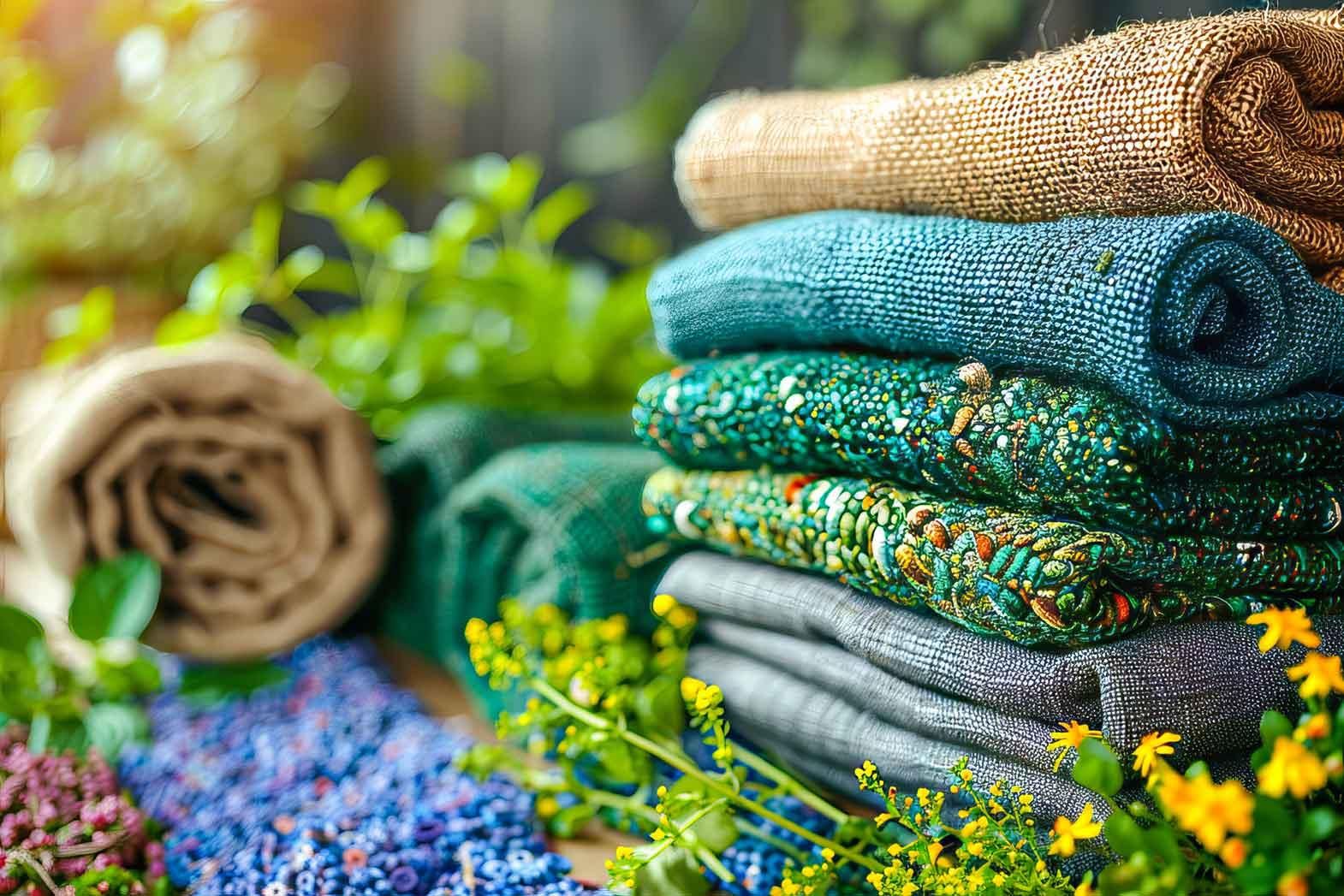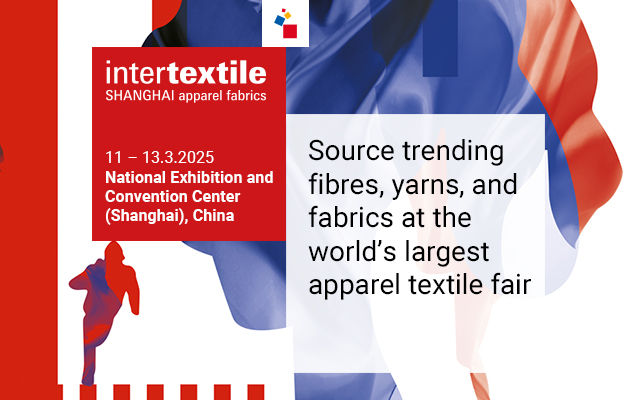Driven by green protests, China's textile and apparel industry is preparing for new Government demands to introduce sustainable production in the sector warning that companies failing to comply will be closed. Yang Donghui, Director of the China National Textile and Apparel Council, a state-owned Beijing agency,warns: This is mandatory. Companies who fail to keep up with the requirement will be phased out.
He-was commenting on a directive issued by China's State Council (effectively its cabinet) for the creation of a circular economy in China that systematically reuses waste materials and reduces pollution. The policy is part of the countrys 12th five-year plan, covering 2011 to 2015.
Chinas textile businesses, which have long been criticised by environmentalists overpollution, waste and huge carbon emissions, will have to work hard to achieve the plans circular economy goals. These include measures promoting water conservation, energy efficiency, developing alternative bio-based fibres, and producing recycled fibres. For example, regarding textile finishing, the plan calls for the utilisation of biodegradable slurry, as well as using new processing technologies such as digital printing, airflow dyeing and cold pad-batch dyeing.
All are considered more eco-friendly than traditional chemical dyeing, which currently generates about 8% of sewage discharged from all Chinese industries,according to the Ministry of Environmental Protection. The Beijing-based China Association of Resource Comprehensive Utilisation says China generates around20m tonnes of wasted fabrics annually. If 60% of these were recycled, 4.7mtonnes of natural fibres and 9.4m tonnes of chemical fibres would be saved.
Under the plan, textile industry energy consumption should drop 20% by 2015 from 2010levels, and by 30% regarding water consumption. The production of fibres from recycled materials should reach 8m tonnes.
Recycling Programme
While in the West, recycled fibres account for about 17% of all processed fibres annually, Chinese manufacturers currently recycle very little, wasting non-renewable fibres such as wool, silk and cotton, stressed Li Junyang,Secretary of the Beijing-based International Energy Conservation Environmental Protection Association (IECEPA). He was speaking at a circular economy government summit staged in Beijing during February, where the textile council made various announcements about how it intends to respond to the plan.
Yang Donghui told that his Council has developed its own sustainability promotion policies, including 35green production projects covering emissions reduction, environmental protection and recycling. These will be rolled-out in the next decade. At the summit, Guangzhou-based Apple (China) Co Ltd., noted Chinese apparel and leather-goods manufacturer was appointed to lead a recycling programme, supervised jointly by IECEPA, China's Textile & Garment Chamber of Commerce and the Governments National Development and Reform Committee.
Li said a big company such as Apple was chosen to lead the project because it is rare in having experience in materials recycling, something lacked by small companies, who ignore the issue because recycling is not regulated in China. Also at the summit, He Jiankun, a low emissions expert and a professor at Tsingua University, urged Chinese manufacturers to invest in green technologies, in case developed markets abroad imposed more green tariffs, such as linking duties to pollution associated with production. Were carbon tariffs imposed, the textile industry would be hit hard, he predicted.
This article was originally published in the Stitch Times magazine, April, 2013 issue.








Comments